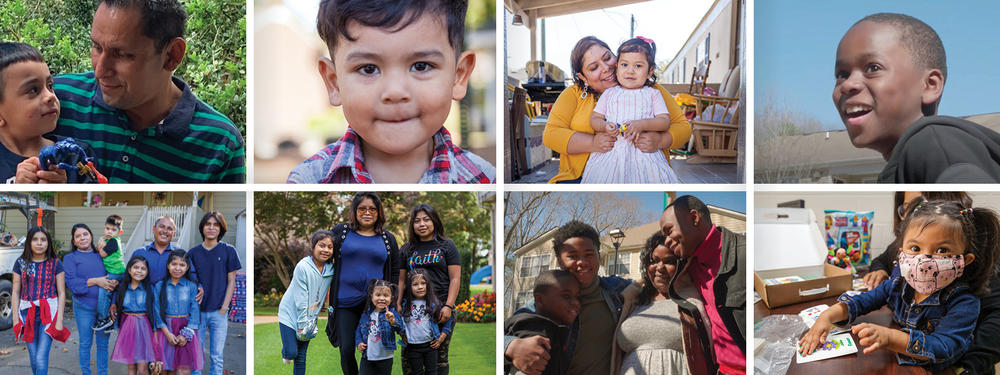
Caption
Families First, founded in 1890, provides young people and their families with counseling services, health and wellness education for pregnant teens, early childhood education, life skills for youth in foster care, parenting classes, supportive housing, adoption facilitation and placement.
Credit: FamiliesFirst.org


